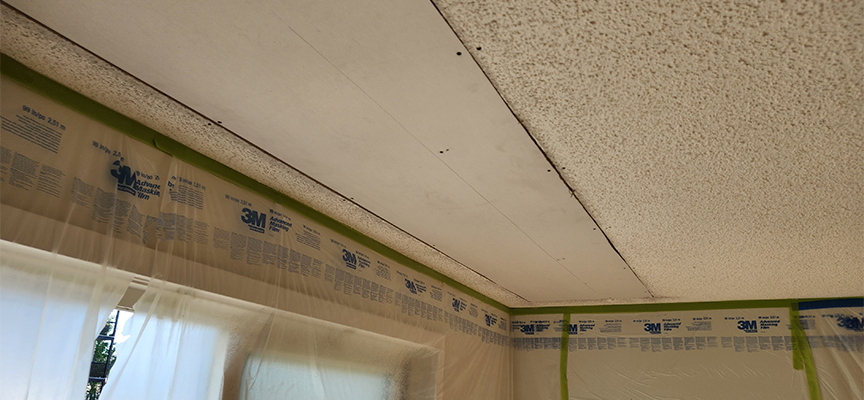March 28, 2025

Most homeowners don’t think much about insulation—until something goes wrong. Maybe your heating bills are suddenly sky-high. Or your home feels drafty, even when the windows are closed.
Poor insulation isn’t just about feeling a little cold in winter or too hot in summer. It can lead to real problems—ones that cost a lot of money and even affect your health.
Bad insulation can make your home uncomfortable, damage your walls and ceilings, and force your heating and cooling systems to work overtime. Over time, this takes a toll on your wallet and your well-being.
So, how do you know if your home needs insulation services? And what can you do about it? Let’s break it all down in simple terms.
Have you ever opened your heating bill and thought, How is it this high? If so, your insulation might be the problem.
When your home isn’t well-insulated, heat escapes in the winter. In summer, hot air seeps in. Your furnace and air conditioner have to work twice as hard just to keep your home comfortable. That means more energy use and higher bills.
According to Natural Resources Canada, air leakage can account for approximately 20% to 30% of heat loss in older homes. That’s a lot of wasted money.
The good news? Fixing your insulation can cut your heating and cooling costs by 15% or more. Over time, that adds up to thousands of dollars in savings.
Ever notice how some rooms in your house feel colder than others? Maybe your bedroom is freezing, but the living room is nice and warm. That’s a big sign of poor insulation.
This happens because heat naturally moves from warm areas to cold ones. If there’s not enough insulation to stop it, certain rooms will lose heat faster.
This can make your home uncomfortable year-round. In winter, it feels like your heater never quite does its job. In summer, some rooms might feel like saunas while others stay cool.
Insulation contractors can inspect your home and find the problem areas. Fixing them means every room stays at a steady, comfortable temperature—no more freezing in one spot and sweating in another.
If you’ve ever found mould in your home, insulation might be to blame. Poor insulation allows warm air to meet cold surfaces, creating condensation. That moisture then seeps into your walls and ceilings.
Mould isn’t just ugly—it’s dangerous. It can trigger allergies, asthma, and breathing problems, especially in kids and seniors. Some types of mould, like black mould, are even toxic.
The worst part? Mould grows fast. A small moisture problem today can turn into a big health hazard in just a few weeks. The best way to prevent it? Proper insulation.
Good insulation helps keep your home dry and mould-free. It stops moisture from building up in your walls, so mould doesn’t have a chance to grow.
Moisture doesn’t just lead to mould—it can weaken your home’s structure.
When insulation fails, moisture gets into your walls, floors, and attic. Over time, this can cause:
Fixing these problems can cost thousands of dollars. But if you upgrade your insulation, you can prevent them before they even start.
Your furnace and air conditioner are designed to heat or cool your home efficiently. But if your home isn’t well-insulated, they have to work way harder.
Think of it like this: If you leave a window open in the winter, your heater has to keep running to replace the lost heat. That’s exactly what happens when insulation is missing in your walls or attic.
Over time, this constant strain shortens the lifespan of your HVAC system. Repairs become more frequent. Eventually, you’ll have to replace the system years earlier than expected—an expense that could have been avoided with better insulation.
Thinking of selling your home one day? Bad insulation can hurt its value.
Buyers look for homes that are energy-efficient and well-maintained. If an inspection reveals poor insulation, they’ll either walk away or ask for a lower price.
Even if you’re not planning to sell soon, improving your insulation now can boost your home’s resale value and attract buyers when the time comes.
If your home has any of these problems, it’s time to call an insulation contractor. They’ll check for weak spots, suggest the best type of insulation for your home, and make sure it’s installed properly.
Professional insulation contractors use high-quality materials like:
Fixing your insulation pays for itself in energy savings, lower repair costs, and a healthier home.
At Truerock Interior Systems, we specialize in high-quality drywall, steel stud framing, insulation, and ceiling installation services. Our expert team delivers durable, energy-efficient solutions for homes and businesses in Edmonton.
Need better insulation? Contact us today to learn how we can help!